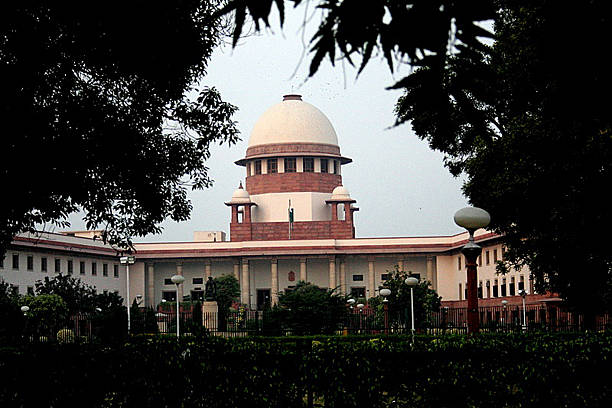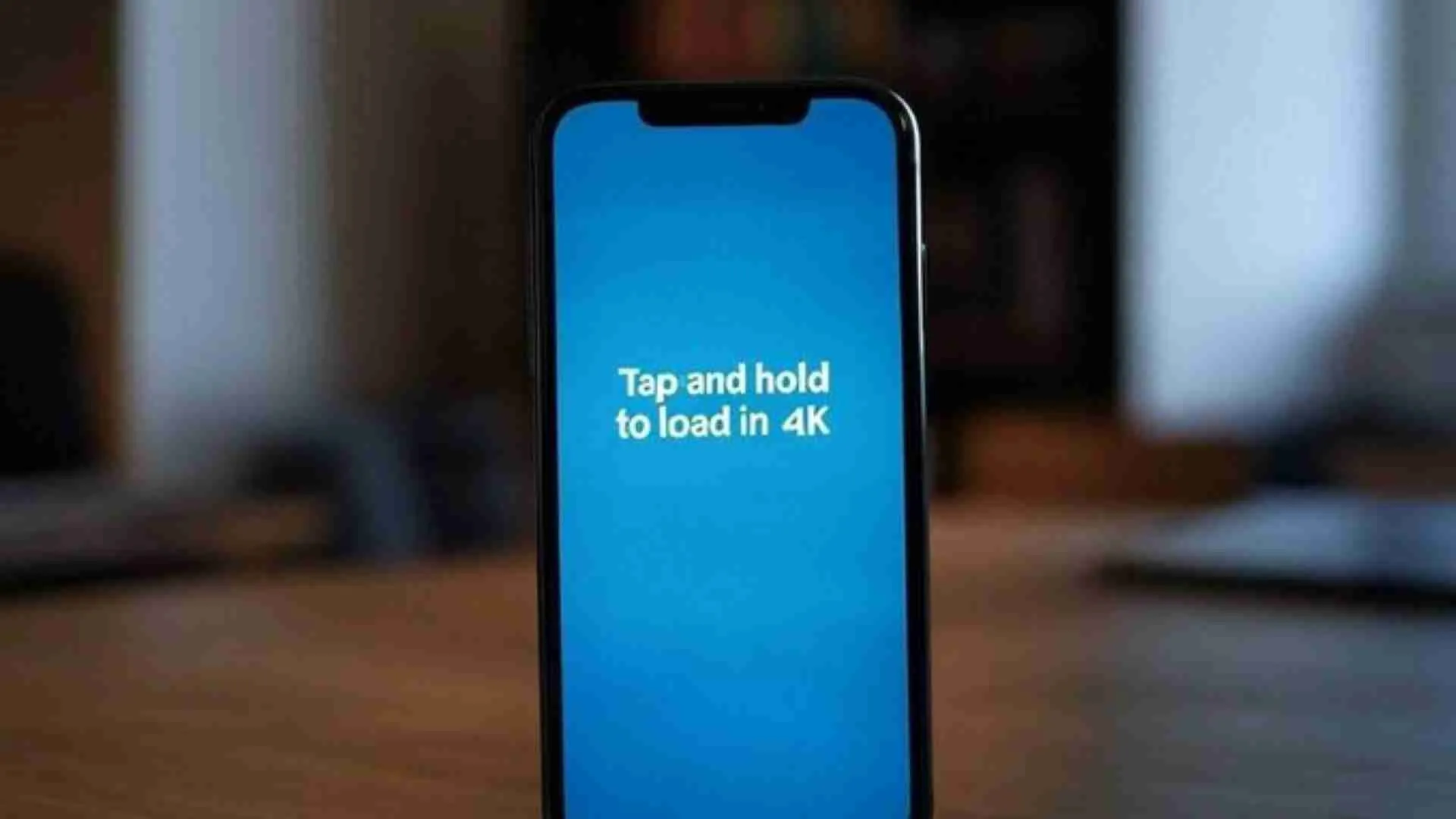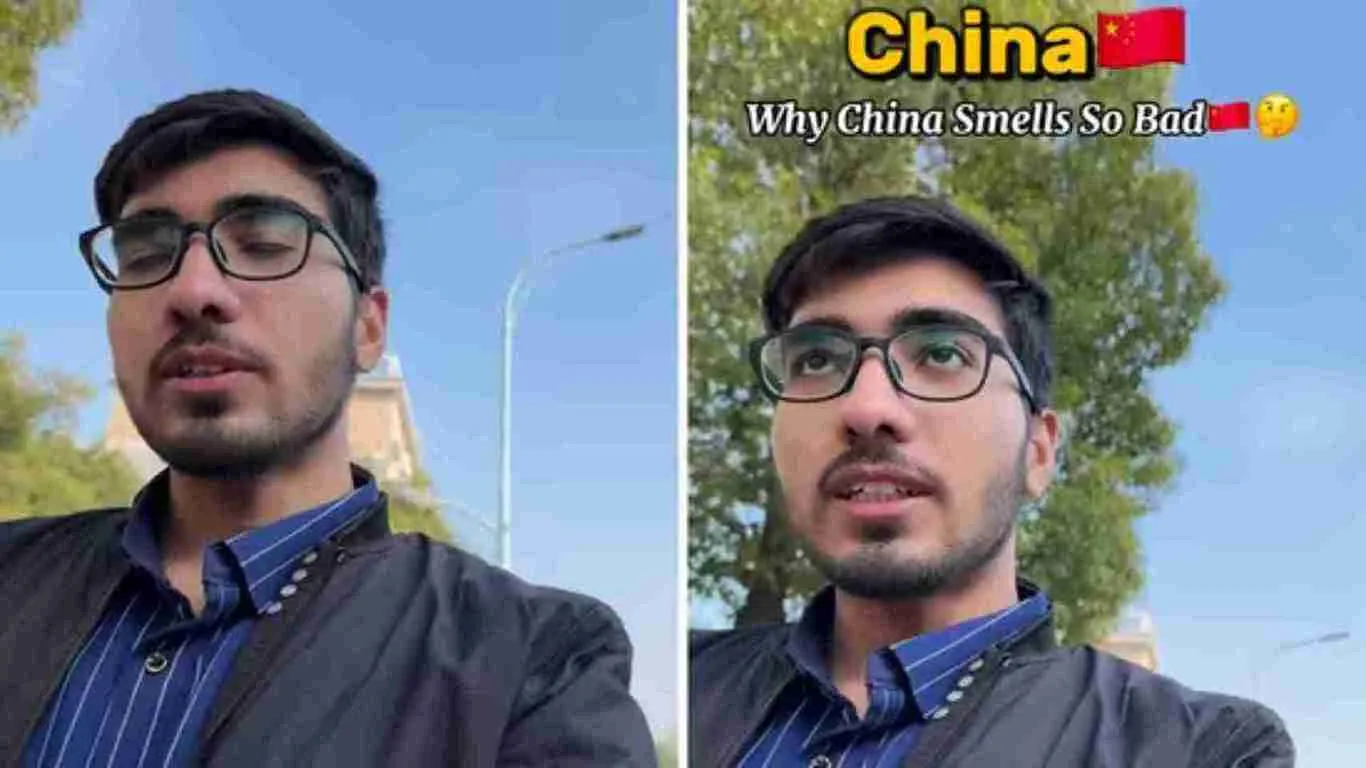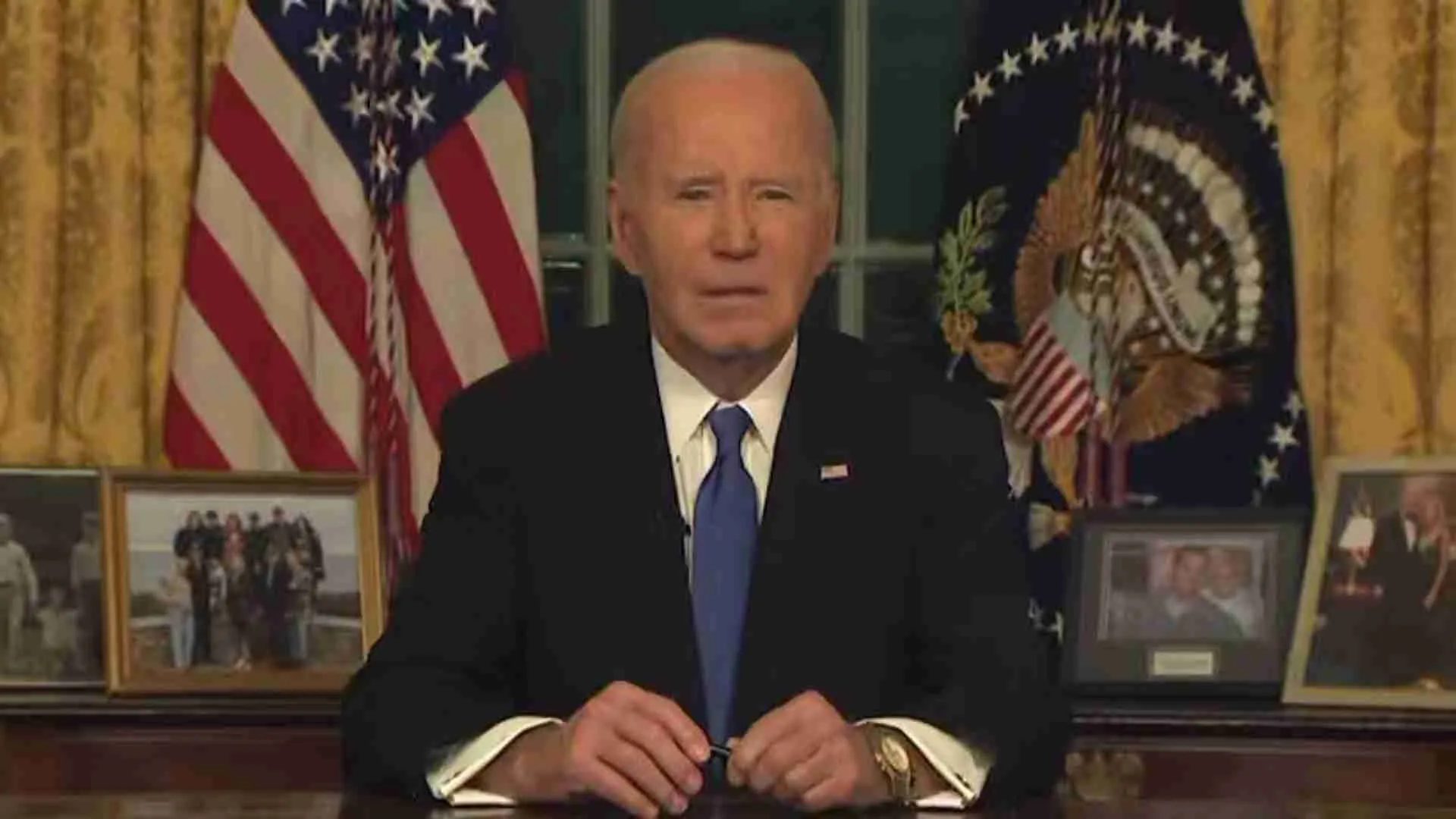The Supreme Court in the case Mohd. Abid vs Ravi Naresh observed and has stated that the proceedings under Section 145/146 of Code of Criminal Procedure must come to an end once the Civil Court is seized of the matter.
The Hon’ble bench comprising of Justice Surya Kant and Justice J.B. Pardiwala observed and stated that the inter se rights of the parties regarding the possession or of a title are eventually to be determined by the Civil Court.
In the present case, the court observed while considering a special leave petition filled against the Allahabad High Court for quashing an order passed by a magistrate under Section 146 CrPC. Therefore, the dispute in the present case between the parties is regarding a plot consisting of some shops and a residential house constructed on it, situated in Mohalla Angooribagh, Faizabad, Uttar Pradesh.
The court stated that the Section 145 of the Code of Criminal Procedure deals with proceedings before Executive Magistrate where dispute concerning land or water is likely to cause breach of peace. Thus, the Section 146 CrPC speaks about the power to attach subject of dispute and for appointing a receiver.
The Apex Court bench in its order stated that once a civil court is seized of the matter, the same goes without saying that the proceedings under Section 145/146 Cr.P.C. cannot proceed and the same must come to an end. Further, the inter se rights of the parties regarding title or possession are eventually to be determined by the Civil Court is eventually to be defined by the Civil Court.
However, it has been directed by the court that for avoiding the multiplicity of proceedings, both the parties shall not create any third-party rights or encumbrances over the property in dispute.
The court in its recent order in the case in Mohd Shakir vs State of Uttar Pradesh, wherein the Top court observed that while dropping the proceedings under Section 145 CrPC because of the pendency of civil litigations, any observations or return of findings cannot be made by Magistrate with respect to the rights of the parties qua the property in question.

















